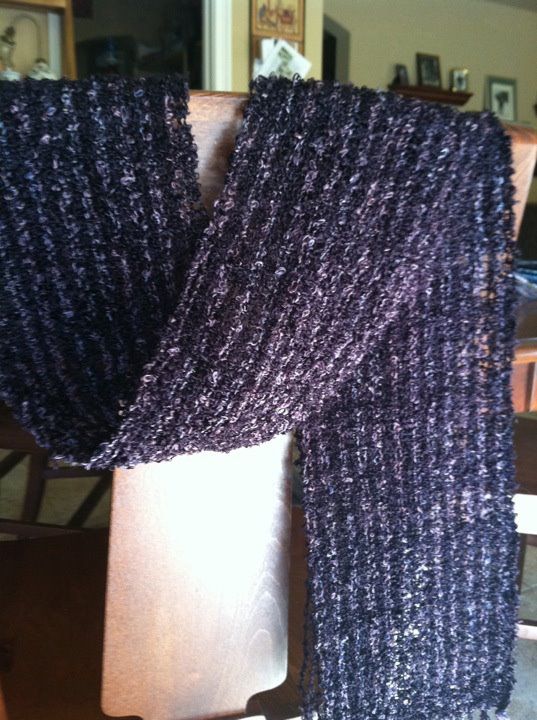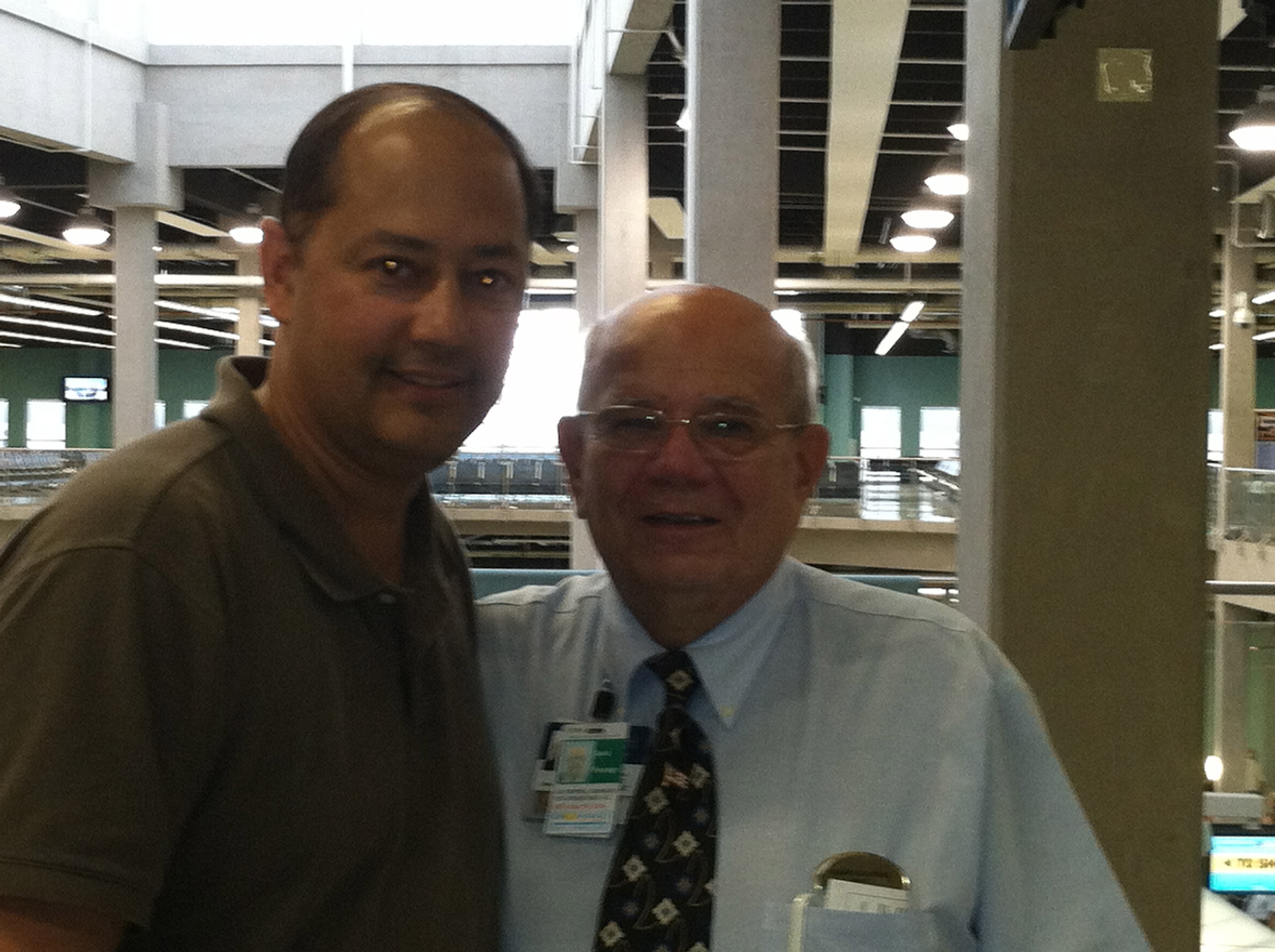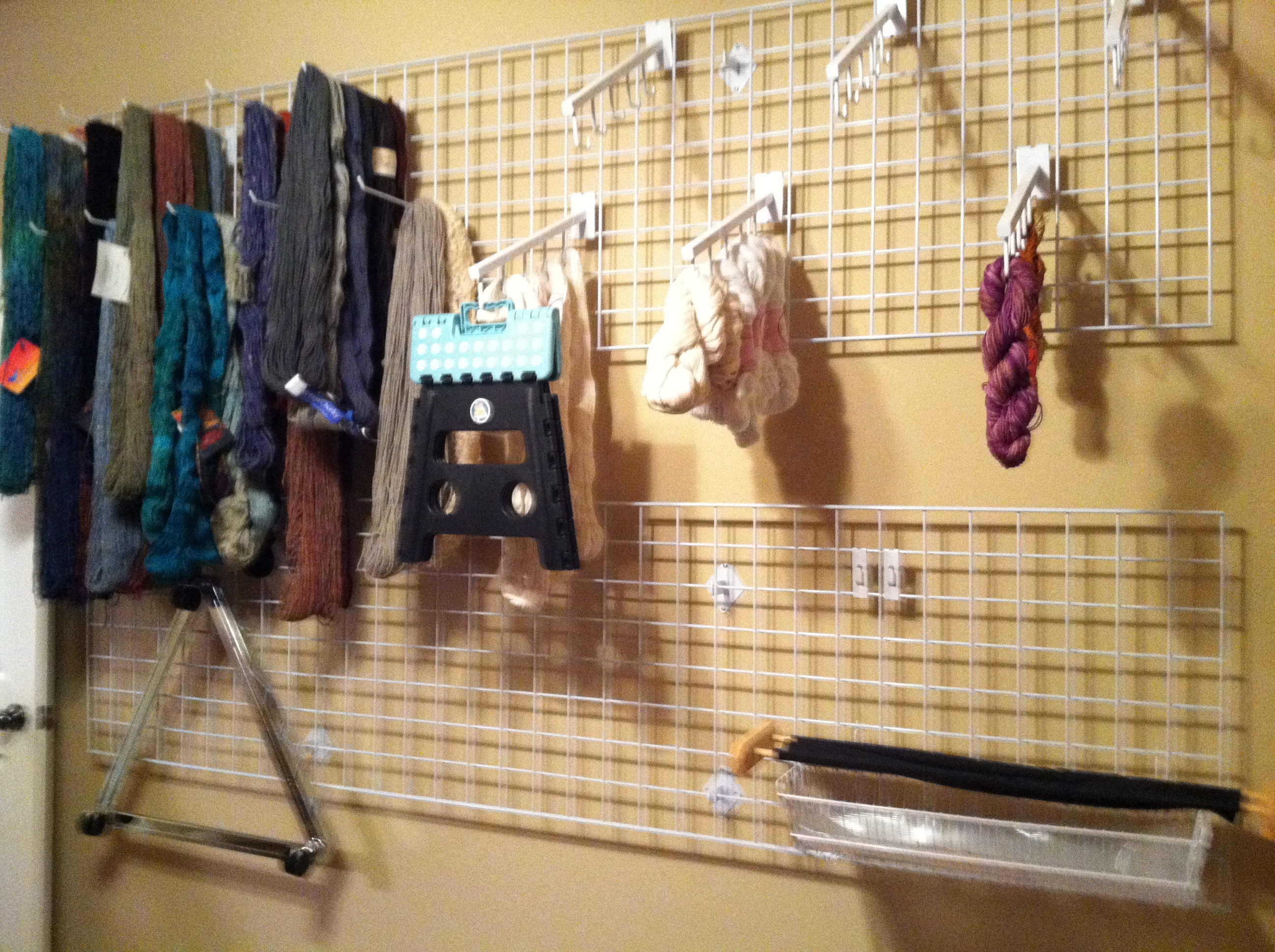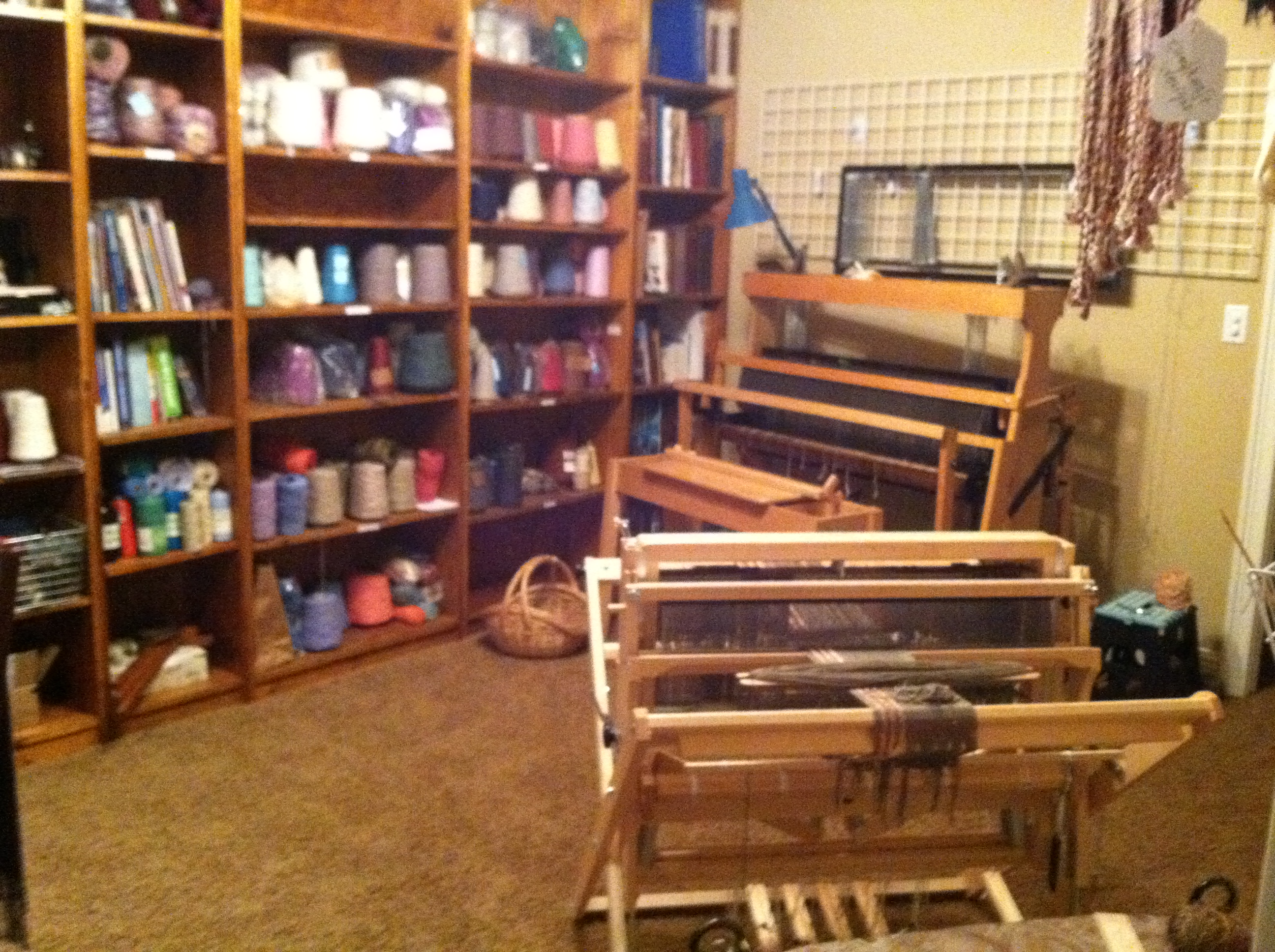 “We must look for the opportunity in every difficulty instead of being paralyzed at the thought of the difficulty in every opportunity.” – Unknown
“We must look for the opportunity in every difficulty instead of being paralyzed at the thought of the difficulty in every opportunity.” – Unknown
Boy it was a bit hard to find a quote for this post. All I could think was what wisdom and optimism could you offer someone who was facing a secondary cancer as a result of treatment to attack the first cancer?
My Mom had five different cancers over a 12 year period before she succumbed. I learned early on, that the dirty little secret of cancer treatment is that the treatment itself causes cancer. It is the risk in treatment we all have to contemplate and deal with emotionally. I think with all the papers we sign and all that is said when we begin treatment, some of us forget this part was indeed matter-of-factly glossed over. I knew it going in, because of my experience with my mother. I remember distinctly telling Dave the night before we went in to the doctor’s office to start the treatment process. I knew how it would go. I knew he would not be prepared. So I told him…
“Dave, tomorrow they will have you sign a bunch of disclosure forms and permissions that you are fully aware of all the risks involved in your treatment. Its a litigation driven issue and thus full disclosure is required. They will tell you ALL the potential side effects you might encounter or experience. It in no way means you will experience them. Please, please, understand that and don’t become frightened by it.”
Sure enough, the secondary cancers potentially possible, down the road, even years, were things like Leukemia. What will cure you, can also kill you. It was painful to realize that we were stepping into a situation where they can help us, BUT… you must be made aware of the risks.
 Now this is indeed the job of the researchers, FDA, treating physicians, insurance companies, etc. Do the risks outweigh the benefits? Are all the risks known? Are the risks manageable and treatable with subsequent drugs (and all their risks!)? You have to have some trust in this process, in the powers at be. Having said that though, the trust needs to be well placed and you still need to do your due diligence to the degree you can. Most of us aren’t doctors, researchers, chemists, physicists or litigators. We are patients and caregivers, wild eyed, scared, looking for a way to the promised land of getting our life back and sorting through the maze. I have often likened choice in treatment to the old “Let’s Make a Deal!” Door #1, Door #2, Door #3. You remember… the cool cruise or car behind one of the three doors and the mule with the pile of hay and poop behind another, and some pancake mix behind yet another. But we aren’t talking about a game of chance that’s much fun. It’s your life, the stakes are high, and often you won’t know if you picked the right door for some time.
Now this is indeed the job of the researchers, FDA, treating physicians, insurance companies, etc. Do the risks outweigh the benefits? Are all the risks known? Are the risks manageable and treatable with subsequent drugs (and all their risks!)? You have to have some trust in this process, in the powers at be. Having said that though, the trust needs to be well placed and you still need to do your due diligence to the degree you can. Most of us aren’t doctors, researchers, chemists, physicists or litigators. We are patients and caregivers, wild eyed, scared, looking for a way to the promised land of getting our life back and sorting through the maze. I have often likened choice in treatment to the old “Let’s Make a Deal!” Door #1, Door #2, Door #3. You remember… the cool cruise or car behind one of the three doors and the mule with the pile of hay and poop behind another, and some pancake mix behind yet another. But we aren’t talking about a game of chance that’s much fun. It’s your life, the stakes are high, and often you won’t know if you picked the right door for some time.
So what can one do? For those on this journey, either just beginning, or now reading about the secondary cancer scares with Revlimid and the like, what do you do? My suggestion is, as I did with Dave. Confront the information. Understand it is the risk. Know that it is a limited risk, as it is understood at this point in time. Weigh it against your option to not do it, decide, and for God’s sake, don’t dwell on it or worry about it. What will be will be. And if you do get a secondary cancer from your treatment, or your genes, or your lifestyle, I hope you have a LONG, LONG time in between. Life filled with joyful moments and accomplishments.
“Worry never robs tomorrow of its sorrow, it only saps today of its joy.” – Leo Buscaglia
Trust in your doctor to be following you closely. Discuss this with them to get a better grasp of their experience and views on such matters. Know that the news coming out from time to time is researchers doing their due diligence and keeping up with adverse reactions and trying to ascertain whether there is a new concern or higher level of risk. It is the evolution of mainstream medicine, there is simply no simpler, safer way, to do this particular path. Theories are being tested on us daily. We are the Pioneers of today. And there were many before us. Releasing such findings early when there is suspicion of potential problems, helps other researchers to be compelled to have a look at their own statistics in their patient body. It forces more of a hard look, but it scares the investors, the pharmas, the patients and their families, and the local treating oncologists putting their patients on these drugs. As it stands now though, in my humble opinion, no knee jerk reaction is warranted just yet. No new information to become obsessively worrisome over. Simply make note and talk to your docs. Let them know you have some concerns and make sure they are keeping up with it! This would be particularly important if you are 24 months or more out from your transplant taking Revlimid, where the latest article states the risks begin to outweigh the benefits.
Some of us feel there are a lot of things we can do to minimize these potential new problems. Staying away from the cumulative effects of small, but cancer causing, chemicals, food, products, etc. Don’t go all crazy, but there are some simple things you can change. Once you are compromised it takes on a whole new meaning. My view has been that while cooking on teflon might not be a big deal if you are healthy, cooking on teflon, eating pesticide laden veggies, or steroid injected meats, or spraying around chemicals to clean, overusing the microwave, drinking unfiltered well waters, etc., have a cumulative effect. So I just try to minimize them with reasonable effort for Dave. Each of these things are heavily researched and each of them have said the risk is minimal. All true. But no one puts them all together in our daily lives and researches whether together they can create a problem. I think they can.
Hang in. Be strong. Get some exercise. Eat right. Enhance your life with all the good things. Face the challenges head on as best you can. There is really only so much you have control over.
Revlimid Controvery Flares (at The Myeloma Beacon) … in this they remark, “IFM researchers believe that most of the progression-free-survival benefit of Revlimid “seems to be occurring during the first 18-24 months and the incremental benefit obtained after that may not justify an increased risk of secondary malignancies.” So the nasty bit of “Lori Logic” I will confess here, is that while I’m not ‘scared’ about this particularly for Dave, I definitely don’t want him on long term maintenance therapy, for my own reasons. Don’t think for a moment I won’t use this study to present my case in the argument that he has had enough, when we get a bit further down the road! Until then, my hope is, that they will decide three years maintenance, and longer, aren’t warranted. I’m not saying to stop taking your Revlimid or continue taking your Revlimid. I’m just hoping you can be less alarmed and just get about the business of making a decision that is right for you in consultation with your doctors.
Pat Killingsworth posted his view at Living with Multiple Myeloma (Pat and I are often on the opposite sides of treatment arguments, though we do try to find points of agreement. On this one we seem to agree forthrightly.)






















Indeed Doug, it seems as if you are damned if we do and damned if we don’t. All I can tell you is my mother got through it, one body part at a time, and seeing LR folks get treated aggressively with secondary cancers, related or unrelated to their MM treatment, and getting through… gives me hope. I understand how it is that the doctors must weight the risk vs benefit everyday. I haven’t discussed it with them, but I suspect that they feel as though if they don’t treat your MM of course, you won’t make it. If you get the ‘known’ secondary cancers, they feel confident they can handle those as well. Always, they are looking mostly at “body” and we have to deal with the deeper emotional issues this stuff brings to us. I maintain that knowing it could happen and dealing with that knowledge is far better than being SURPRISED by it and feeling somehow betrayed. Would you agree? The other silver lining, if you will, is because the MM is so closely monitored, they pick up on the other stuff very quickly.
One of my biggest fears, secondary cancers. With the amount of D-PACE we consumed, we have reason to be watchful. It’s because of the threat of secondary cancers that I take curcumin.
Another excellent post Lori. It feels good to know I’m not the only one out there thinking about some of these things.
Keep leaning forward
Doug